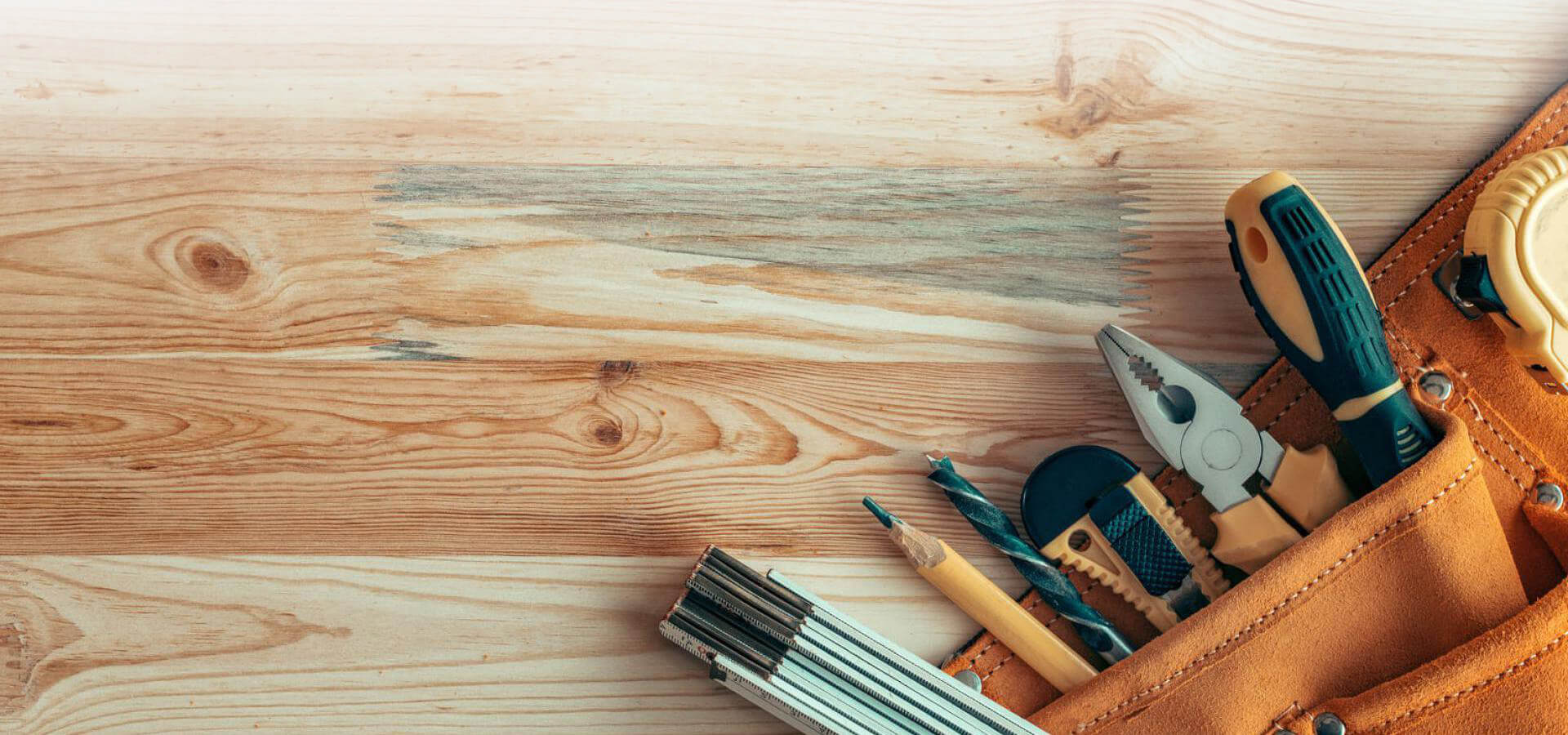According to a survey of Canadian homeowners conducted in 2019, 64% of respondents were planning…

Is your water heater on its last legs?
You’re about to wash the dishes or take a shower when you realize that the hot water doesn’t seem to be there… Intrigued, you try to remember where your water heater is hiding and go to have a look. Only, once there, you realize that you have absolutely no idea what to check! Stay with us as we look at a few indicators that your water heater is on its last legs.
Is your water heater on its last legs?
Our home inspectors are there for you to help
you minimize the risks of water damage.
Generally speaking, the lifespan of a domestic water heater varies between 10 and 15 years. A number of factors can influence this lifespan, including the quality of its manufacture, the characteristics of the water circulating through it (iron, limescale, pH, etc.), the environment in which it is installed (temperature, humidity, frequent use, etc.), the surface on which it is installed (concrete, earth, insulation, etc.), and so on.
To prevent damage caused by leaking water, we recommend frequent inspection of the water heater and its surroundings. Check for rust at the base of the heater, for water dripping under access doors, and for rings in the floor. To find out the date of manufacture, look for the nameplate on the wall. Most water heaters clearly display the factory date. If not, consult the manufacturer’s website. There you’ll find information on how to determine the age of your water heater by interpreting its serial number.
If you have any doubts about the quality and life expectancy of your water heater, it’s always best to act preventively and plan to replace it in the short to medium term. A leaking water heater can lead to an increase in the relative humidity level of a house, as well as contributing to the proliferation of mold and the accelerated deterioration of building components. Once released into the indoor air, mold spores can affect the health of occupants, and unfortunately the young and the elderly are often the most affected.
If you’re concerned that your water heater has reached the end of its useful life, or if you suspect the presence of mold in your home, don’t hesitate to contact us. Our specialists will give you the facts about your situation and, if need be, get to the root of the problem and provide you with lasting, realistic solutions.


